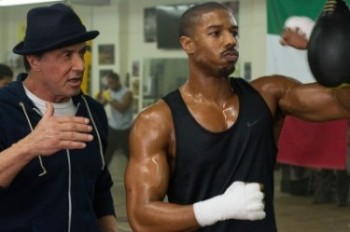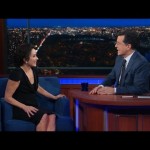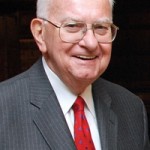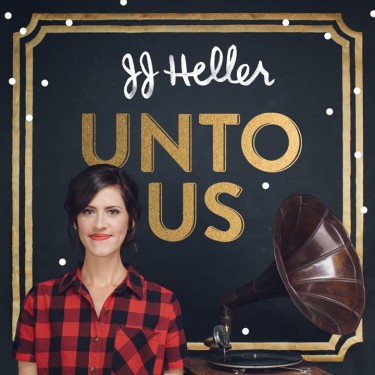 The 1976 film “Rocky” won both a Christopher Award and a Best Picture Academy Award because it movingly presented the story of an underdog boxer who, through grit and determination, strives to be a champion. The new movie “Creed” is a follow-up to the original that once again offers Oscar-worthy performances and a dynamic story about a young boxer (Adonis Creed) learning the ropes with the help of an older mentor (Rocky Balboa). But if you look deeper, it’s about much more. (SPOILERS AHEAD)
The 1976 film “Rocky” won both a Christopher Award and a Best Picture Academy Award because it movingly presented the story of an underdog boxer who, through grit and determination, strives to be a champion. The new movie “Creed” is a follow-up to the original that once again offers Oscar-worthy performances and a dynamic story about a young boxer (Adonis Creed) learning the ropes with the help of an older mentor (Rocky Balboa). But if you look deeper, it’s about much more. (SPOILERS AHEAD)
Take, for instance, the opening scene in which a teenage Adonis has wound up incarcerated again because he was fighting with the other kids in juvenile hall. He doesn’t know his father, and his mother died so he’s been in and out of various foster homes. Into his cell walks a woman he’s never met: Mary Anne Creed, the wife of the late boxing champion Apollo Creed, who is played by Phylicia Rashad conveying the dignity and strength she always possessed as Clair Huxtable on “The Cosby Show.”
Mary Anne reveals to Adonis that he is the son of her late husband, though from an affair he had. She then offers to take him in and raise him as if he were her own. Imagine that. This child could be seen as a painful reminder of a husband’s infidelity that should be shunned or ignored. Instead, Mary Anne sees a child in need and chooses selflessness and love to create a family bond that transcends blood.
The same can be said of the relationship that develops between Adonis (Michael B. Jordan) and Rocky (Sylvester Stallone). The Rocky we meet in this story is living a lonely life out of the spotlight, running a small restaurant named after his wife Adrian. Adrian has died from cancer while his best friend Paulie has passed away as well.
As the two most important people in his life, Rocky can’t quite let go of them so he visits their graves at the cemetery on a regular basis. But when Adonis shows up looking for training, Rocky finally begins to see that he doesn’t simply have to live in the past. A spark of purpose ignites and he realizes that he has something to contribute to this young man’s dreams.
On the flip side, Adonis never knew Apollo, so he benefits from this mentorship, too. Rocky becomes more than a trainer; he becomes a father. Once again, a family bond is formed between two people who have no actual blood relation.
This loving support system becomes especially important when Rocky is given a cancer diagnosis in one of the most powerful and poignant scenes in the film, a scene in which Stallone demonstrates why he deserves the Supporting Actor Oscar nomination he just received – and likely the Oscar itself.
After all, Stallone is an actor who is generally seen as tough and larger than life. But here he conveys a sense of being an old man who has just been humbled by a death sentence. In a film about boxing, this may be the biggest knockout punch.
Even though the doctor tells Rocky he’s got a good chance at recovery if he gets treatment, he refuses because he’s seen what chemo did to his wife, who endured a lot of suffering and died anyway. It’s up to Adonis to show him that he needs to fight because he has a lot left to offer the world. The young boxer and former champion, therefore, become a mutual support system, mustering up the will, courage and sacrifice necessary to each take on their respective fights.
“Creed” ends with a thrilling boxing match, much like the original “Rocky” did. But the movie ultimately leaves you with more than punches being thrown in a ring. It’s really about the relationships that make us who we are, the battles we all endure, and the virtues that propel us forward in life.
(Photo property of Warner Bros.)
Stay in touch! Like The Christophers on Facebook:
















